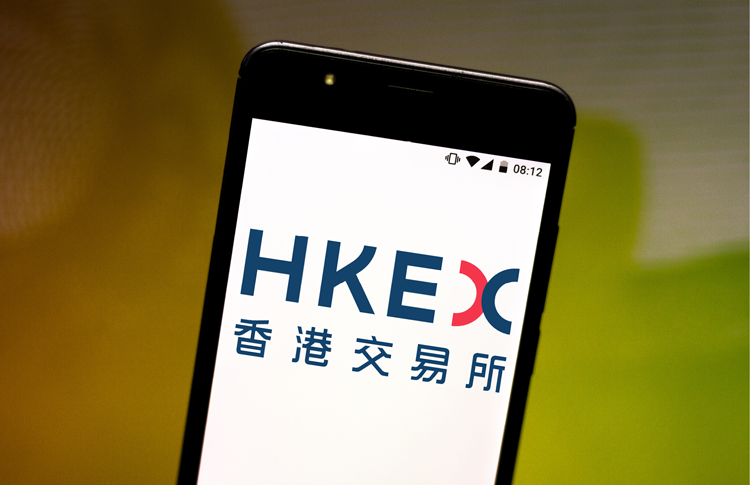
Investment banks and corporate advisors are pushing back against Hong Kong’s proposed rules for blank check listings, arguing they are too onerous and will not make the city competitive, three sources with knowledge of the matter said.
Interested parties have until Oct. 31 to lodge submissions with the Hong Kong stock exchange over its proposed framework for Special Purpose Acquisition Companies (SPACs).
The criticism comes at a time when rival Asian financial hub Singapore has shot ahead with its preparations to allow SPACs, which raise money on stock markets to buy private companies, giving those businesses a quick and cheap route to a listing.
Key concerns raised include a proposed requirement that any SPAC deal be worth at least HK$1 billion ($130 million) as that excludes smaller buyout targets, said the sources who have worked on submissions.
The sources were not authorised to speak to media and declined to be identified.
The proposed rules also stipulate that there need to be at least 75 professional investors in a SPAC listing, 40% of which must be institutional while retail investors cannot participate until after the company has carried out its merger - requirements likely to make trading illiquid, the sources added.
The rules also require the merged entity to appoint a financial sponsor to carry out due diligence and meet the exchange’s existing listing requirements which could tack on another three to six months to the listing process.
“It is of the view to some practitioners that it could undermine the intention of offering the SPAC as an alternative and streamlined listing approach,” the city’s Financial Services Development Council said of the due diligence requirement in a submission lodged on Wednesday.
The Hong Kong stock exchange did not comment on whether it would be amenable to making concessions when asked for comment by Reuters.
Its SPAC consultation paper says the bourse does not want to replicate U.S. SPAC rules but instead plans to create a regime “tailored to the particular risks and requirements of the Hong Kong market”, adding that several proposals are “designed to provide a high entry point for SPAC listing applicants and De-SPAC targets.
Hong Kong’s Securities and Futures Commission told Reuters in a statement it would work closely with the exchange to take into account market feedback when finalising the new rules.
There has been nearly $137 billion worth of SPACs issued globally so far in 2021, according to Refinitiv. The pace of deals has fallen sharply here since the first quarter, however, with U.S. investors spooked by the vehicles' poor financial performance and a regulatory crackdown.
While Hong Kong is still debating its rules, Singapore last month became the first Asian market to allow SPACs to list, making concessions after the initial proposals were seen as too strict.
European asset manager Tikehau Capital is among the first here to plan a SPAC listing in Singapore, sources have told Reuters.
“I think there is a concern that the proposed SPAC regime for Hong Kong is less competitive than that in other jurisdictions,” said Vivian Yiu, a Hong Kong-based capital markets partner at law firm Morrison & Foerster.
“While the Stock Exchange is understandably putting in place these safeguards to prevent abuse and market manipulation, there is perhaps room for relaxation in some areas as retail investors are excluded from investing until the de-SPAC completes,” she said.
Hong Kong authorities have spent years trying to combat illegal practices linked to the formation and speculative trading of shell companies, which they say provide opportunities for market manipulation and insider dealing. Those concerns resulted in strict rules in 2019 that constrain back door listings.

